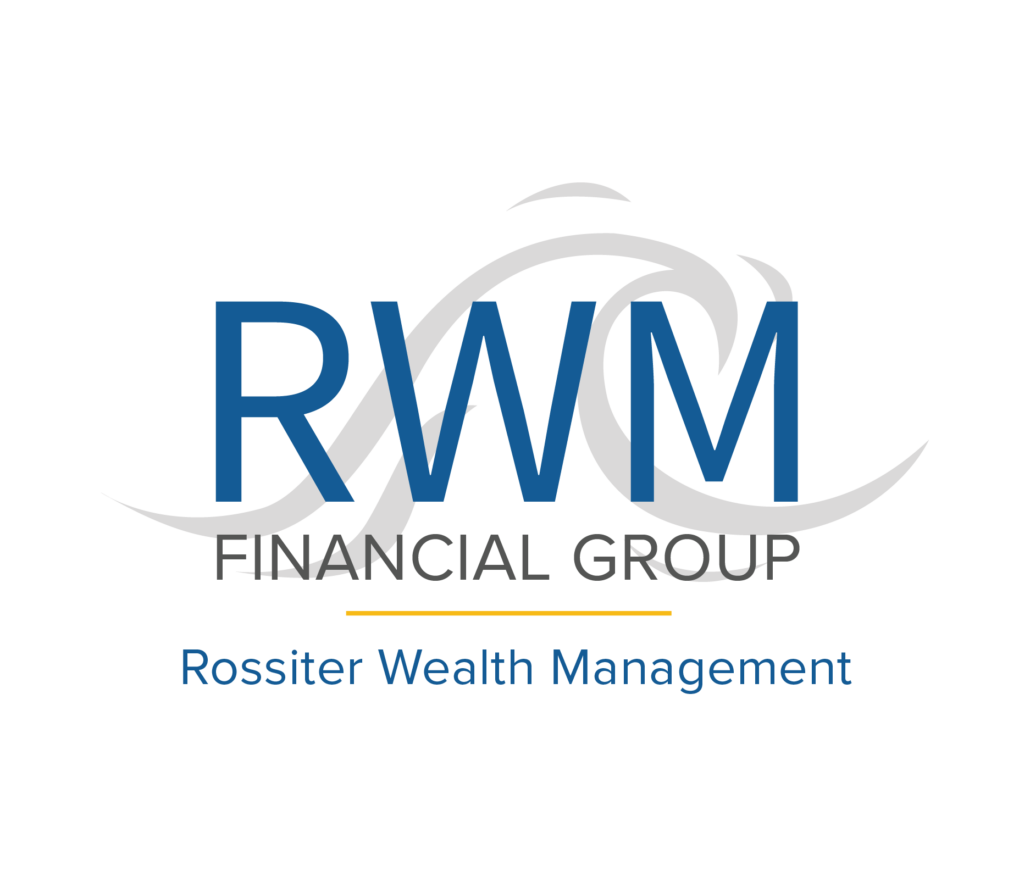Understanding the Different Types of 401(k) Plans for Businesses
A guide from RWM Financial Group
As a small business owner, providing a retirement plan for your employees not only helps attract and retain talent but also offers significant tax advantages for your business. However, navigating the variety of 401(k) plans can be daunting. This guide will help you understand the differences between traditional and Roth 401(k) plans, as well as other retirement savings options, so you can choose the best plan for your business and employees.
Traditional vs. Roth 401(k) Plans
Both traditional and Roth 401(k) plans allow employees to save for retirement, but they differ in terms of tax treatment:
Traditional 401(k):
- Tax-Deferred Contributions: Employee contributions are made pre-tax, reducing their taxable income for the year.
- Taxable Withdrawals: Distributions in retirement are taxed as ordinary income.
- Employer Contributions: Matching contributions are also tax-deferred, providing immediate tax benefits to the business.
Roth 401(k):
- Post-Tax Contributions: Contributions are made with after-tax dollars, meaning there’s no immediate tax break.
- Tax-Free Withdrawals: Qualified distributions in retirement, including earnings, are tax-free, offering potential long-term tax savings.
- Flexibility for Higher Earners: Unlike Roth IRAs, Roth 401(k)s have no income limits, making them accessible to all employees regardless of their salary.
Both plans allow for high annual contribution limits and employer matching, which can enhance the retirement savings of your employees.
Other Retirement Savings Options
Aside from traditional and Roth 401(k)s, small businesses have other retirement plan options:
SIMPLE 401(k):
- Designed for businesses with 100 or fewer employees.
- Offers a simpler, less costly alternative with fewer compliance requirements.
- Employer contributions are mandatory, but they can be structured as either a matching contribution or a non-elective contribution.
Safe Harbor 401(k):
- Helps employers pass non-discrimination tests by making mandatory contributions to employees’ accounts.
- Contributions are immediately vested, which can be a strong incentive for employee retention.
- Can be paired with traditional or Roth 401(k) options.
SEP IRA and SIMPLE IRA:
- Easier to set up and maintain, with lower administrative costs compared to 401(k) plans.
- Ideal for very small businesses or sole proprietors.
- SEP IRAs are funded entirely by employer contributions, while SIMPLE IRAs require both employer and employee contributions.
Choosing the Right Plan for Your Business and Employees
Selecting the best retirement plan involves understanding your business goals, budget, and the needs of your employees. Here are some key considerations:
Business Size and Resources:
- For small businesses with limited resources, SIMPLE 401(k) or SEP IRA plans may offer a good balance of benefits and ease of administration.
- Larger small businesses looking to maximize contributions and offer robust benefits may prefer traditional or Roth 401(k) plans.
Employee Preferences:
- Understanding your employees’ preferences regarding tax treatment can guide whether a traditional or Roth 401(k) is more attractive.
- Offering a mix of plans can cater to a diverse workforce, enhancing overall satisfaction and participation rates.
Cost and Compliance:
- Consider the administrative costs and compliance requirements of each plan. For instance, 401(k) plans, while more complex, offer higher contribution limits and potential for employer matching.
- Safe Harbor 401(k)s can alleviate some compliance burdens but require mandatory contributions.
Long-Term Goals:
- If long-term tax savings for employees are a priority, a Roth 401(k) may be appealing.
- For businesses looking to maximize immediate tax deductions, traditional 401(k) contributions provide a clear benefit.
RWM Financial Group is dedicated to helping businesses and individuals achieve financial security through tailored retirement planning and investment solutions. Contact us today to learn more about how we can support your financial goals.
Interested in Setting Up a 401(k) Plan for Your Business?
Setting up a 401k retirement savings plan for your business is a great way to save money on taxes and provide your employees with a valuable benefit.
Consider contacting our team for assistance. At RWM, we provide a clear path to secure retirement for employers and employees of successful businesses.
This information was developed as a general guide to educate plan sponsors, but is not intended as authoritative guidance or tax or legal advice. Each plan has unique requirements, and you should consult your attorney or tax advisor for guidance on your specific situation. In no way does advisor assure that, by using the information provided, plan sponsor will be in compliance with ERISA regulations.









